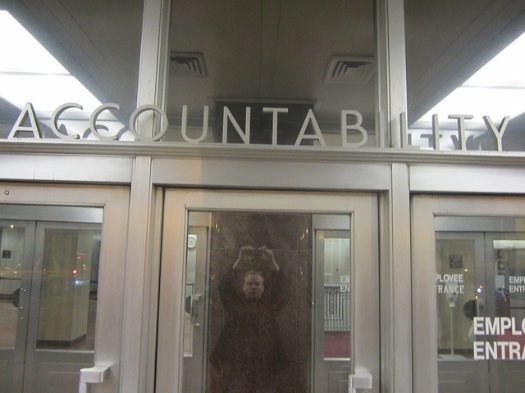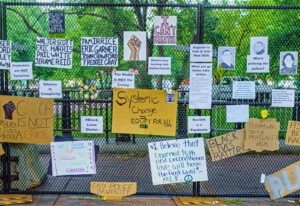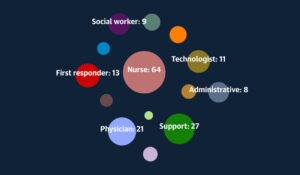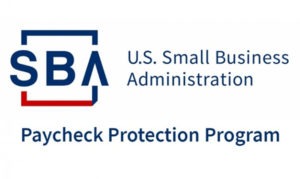
June 8, 2017; eNews Park Forest
NPQ has written before about the Invisible Institute, one of a new wave of specialized journalism sites whose missions are ever more clearly a core element of an active civil society. Here’s how the Institute describes itself:
The Invisible Institute is a nonprofit Chicago-based journalism production company that works to enhance the capacity of civil society to hold public institutions accountable. Toward that end, we develop strategies to expand and operationalize transparency. We seek to make visible perspectives too often excluded from public discourse. And we develop social interventions designed to leverage necessary reforms. Among the tools we employ are human rights documentation, investigative reporting, civil rights litigation, the curating of public information, and the orchestration of difficult public conversations.
When NPQ covered the group in January of last year, they had just received a $400,000 grant from the Knight Foundation’s Data Challenge to expand the group’s Citizens Police Data Project. The project was established after a long legal fight to force the city to make police misconduct records available.
“The work The Invisible Institute has been doing feels like a national model for a way transparency can serve the public,” said John Bracken, the Knight Foundation’s vice president for media innovation. “As this project grows, a key component is to engage the community and have them share their experiences. They don’t rely just on a digital component—they have a way for the community to share and engage and that’s at the core of what they plan to do.”
A year and a half later, in line with its distinctive mission, the Institute is reporting that local journalists have filed a Freedom of Information Act lawsuit against the Chicago Police Department for refusing to release public records.
Sign up for our free newsletters
Subscribe to NPQ's newsletters to have our top stories delivered directly to your inbox.
By signing up, you agree to our privacy policy and terms of use, and to receive messages from NPQ and our partners.
The suit, brought by the Chicago Sun-Times and journalists Jamie Kalven, Brandon Smith, and George Joseph, seeks access to an algorithm that determines which citizens end up on the Strategic Subject List, or “heat list,” of people allegedly likely to be a victim or perpetrator of gun violence. This is, as one might imagine, controversial, perhaps in part because it is held so secret.
“We have learned too many times that a lack of transparency into the Chicago Police Department leads to unconstitutional policing and violations of civil rights,” said attorney Matthew Topic of Loevy & Loevy. “While novel forms of policing like this aren’t necessarily bad, it’s crucial that the public know how these lists are generated and whether they result in discrimination and civil rights violations.”
One of the plaintiffs, Smith, was the journalist whose high-profile Freedom of Information Act lawsuit led to the release of the Laquan McDonald shooting video in November 2015. In addition, Kalven was the plaintiff in the watershed 2014 decision of the Illinois appellate court, Kalven v. City of Chicago, which established that closed investigations of police misconduct are public information.
This latest case comes on the heels of another lawsuit filed by Kalven, who is suing CPD for withholding investigation records from the Inspector General’s probe of the department’s handling of McDonald’s shooting death in 2014. The Inspector General’s exhaustive investigation details the operation of Chicago Police’s code of silence, what the lawsuit calls “the machinery of institutional denial that has allowed police abuse of members of the public to go unchecked.”
These examples of what transparency looks like are helpful, as the term has been widely used in the sector for some time but not always with practical application.—Ruth McCambridge













